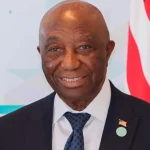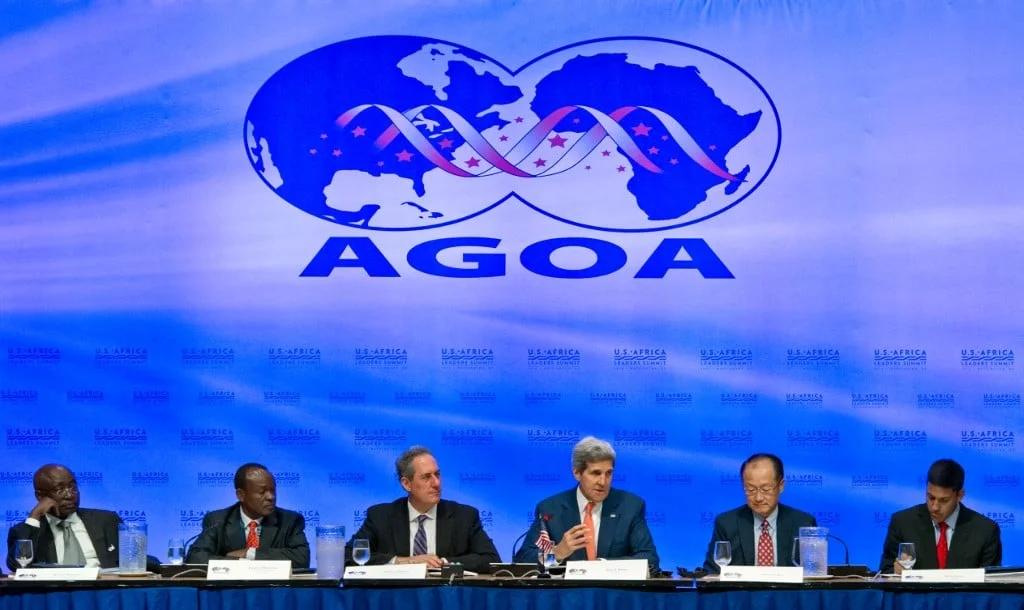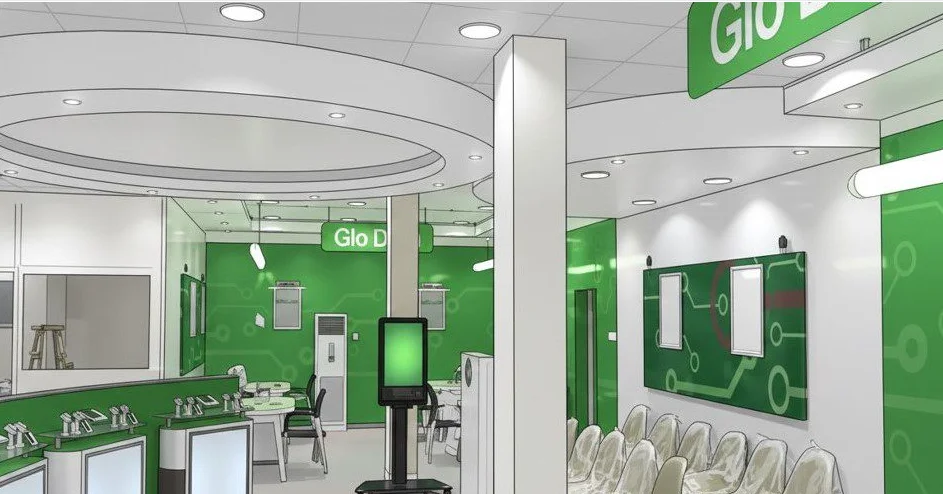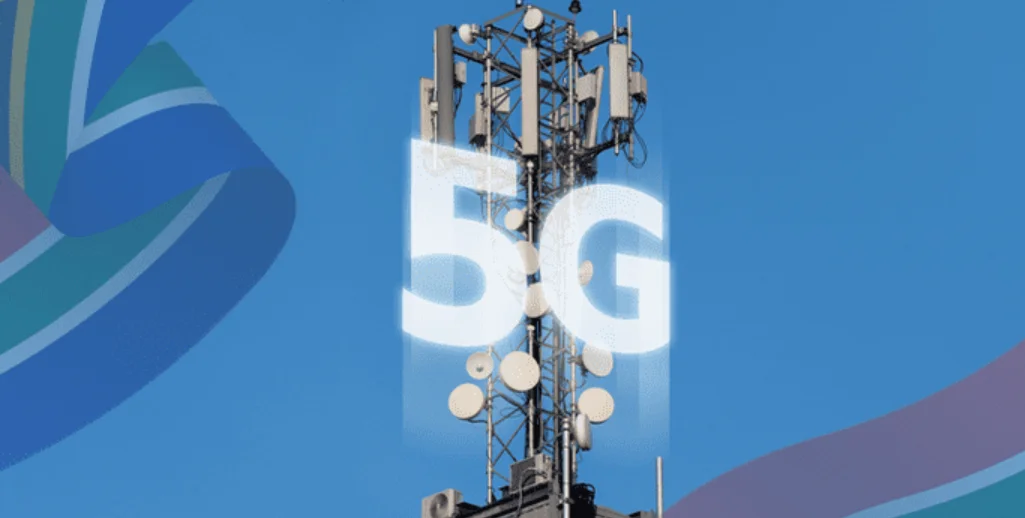In a 2023 pre-election deep dive, we dissected President Bola Tinubu’s hefty 80-page policy manifesto and couldn’t help but think: on paper, the man seemed to have his act together.
In the spirited opening gambit of the section dubbed “The Digital Economy: Taking Advantage of the Fourth Industrial Revolution”, Tinubu’s manifesto gracefully nods to the pivotal role of digital technologies and innovations in propelling economic prosperity and national advancement. It cheekily dubs young Nigerians as “the leading pioneers exploring this exciting, fertile new economic frontier.”
What has happened one year after taking the reins of office?
The promised 1 million jobs in ICT in 24 months
During his inauguration on May 29, 2024, President Tinubu made a bold proclamation: his administration would conjure up one million digital jobs for the economy in just two years.
According to the manifesto, he would pull that off through “interventions in the ICT Industry and other critical sectors of the Nigerian economy where the deployment of new technologies can fast-track business growth and diversification.”
A year has gone, and while we’re all for a touch of magic, the next 12 months will be the real test to see if this grand feat can materialise. Let’s hope there’s more to this plan than just a wave of a wand. But, what has happened?
On May 28, 2024, the National Centre for Technology Management (NACETEM) Director-General, Olushola Odusanya, said the NACETEM Academy plans to train one million workforce on various skills relevant to the nation’s socio-economic development through its academy.
“To bridge this deficit (lack of skilled ICT workforce), NACETEM, in collaboration with Comits Nig. Ltd., applied and became a Certiport training centre,” he said.
But, that’s for civil servants, not the “leading pioneers” of the tech frontier.
What about the talk on ICT-enabled outsourcing?
In March, President Tinubu gave the green light for the creation of #20 trillion infrastructure Development Fund (IDF), making dreams of nationwide infrastructure upgrades a reality.
In the realm of the digital economy, the agenda embraced digital technologies as the shiny new chariots of economic development, zooming us into the future of global growth.
Some of these digital products and services include ICT-enabled outsourcing, innovation and entrepreneurship, e-commerce, tech manufacturing, government digital services, Broadband by 2025, and Blockchain.
Excerpt from the infrastructure fund on tech reform, signed by the president states: “ICT-enabled outsourcing offers the broad seat opportunity to bring new jobs to Nigeria and productively engage young Nigerians in the evolving digital global economy.”
There are no updates beyond the creation of the fund.
But, according to the National Information Technology Development Agency (NITDA), President Tinubu’s first year in office has significantly influenced the tech sector and established Nigeria as a global hub for talent.
Tinubu on innovation and entrepreneurship
To support innovation and entrepreneurship in the tech ecosystem, Tinubu’s manifesto proposed a plan to “develop and implement innovative policies to support local funding opportunities and access to capital for startups and encourage foreign investors to continue investing in Nigeria.”
“Other drivers of value within the startup ecosystem, such as technology hubs and parks, accelerators, and angel investors will be incentivised to continue the development of a healthy ecosystem,” it added.
One year later, on May 27, 2024 (Children’s Day), President Tinubu said his administration would establish 24 skills and innovation hubs and entrepreneurship centres nationwide.
The key word is that the government “will do”: “Will”. “Will”.
Earlier, in November 2023, President Tinubu inaugurated the ₦1 billion Abdul Samad Rabiu International Centre for Innovation and Entrepreneurship at the University of Maiduguri.
The facility which was built and equipped by the chairman of Bua Group, Alhaji Abdul Samad Rabiu, has various units including an artisan and handcraft laboratory, woodwork laboratory, fabrication machine laboratory, graphic and digital media laboratory, digital and virtual manufacturing; coding and application developing laboratory among others.














